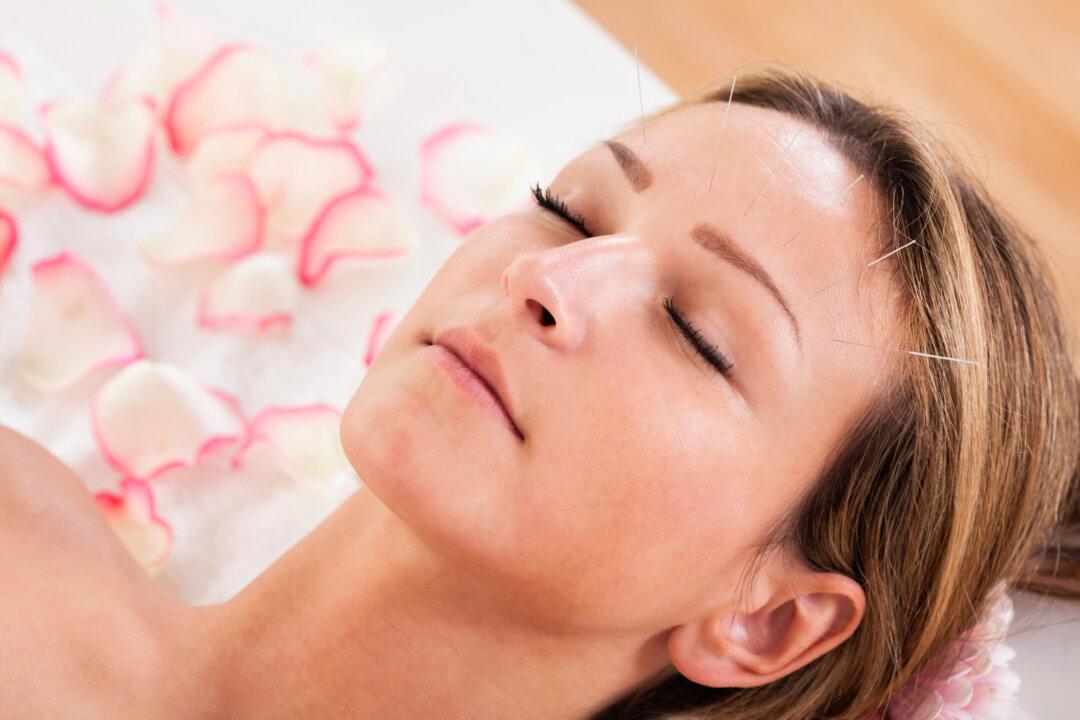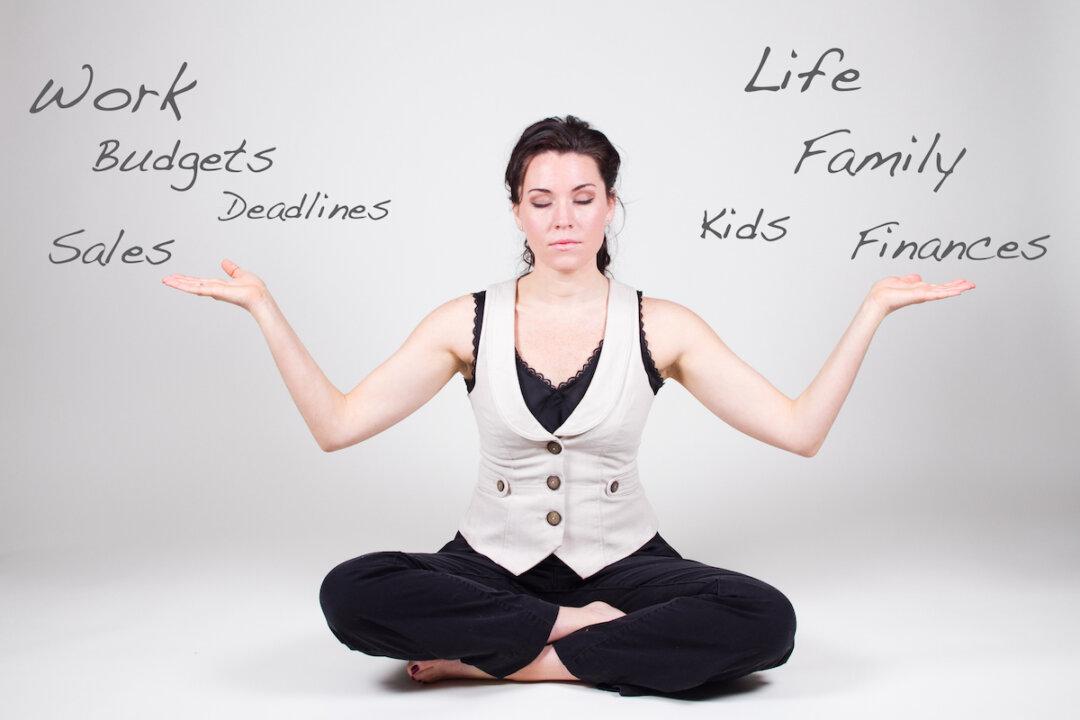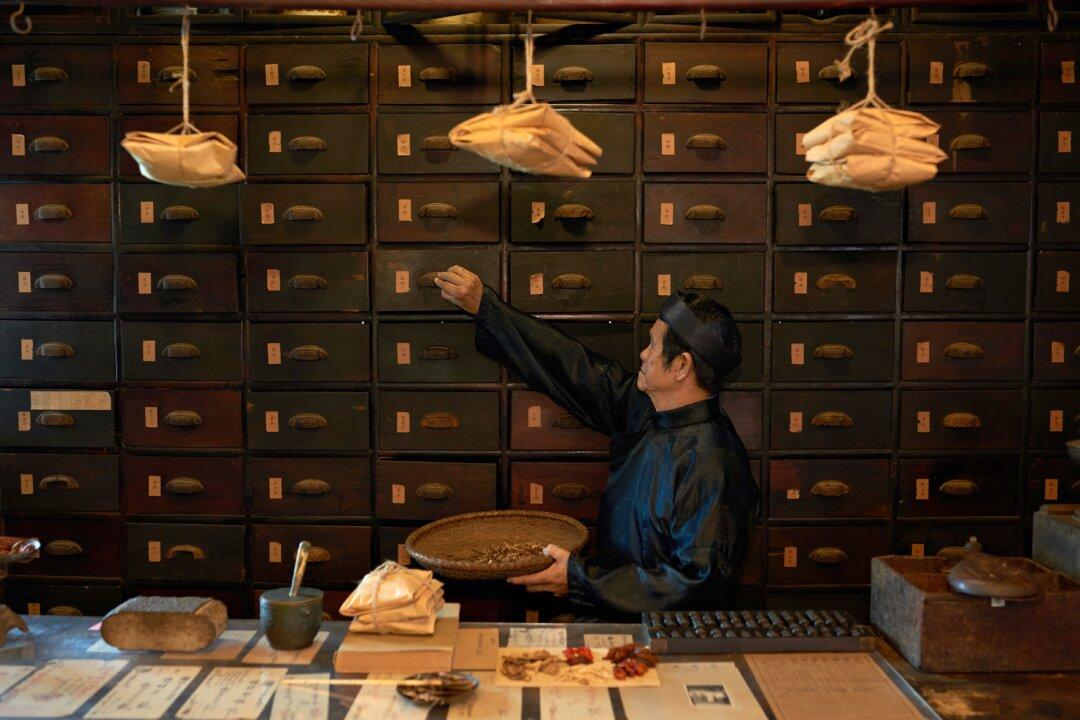Mental illness is common in today’s fast-paced, lonely, nutrient-deprived world.
It’s projected that one in five Americans will experience a mental illness, and most of us will experience a mental health problem at some time in our lives, with anxiety and depressive disorders being the most common ailments.



